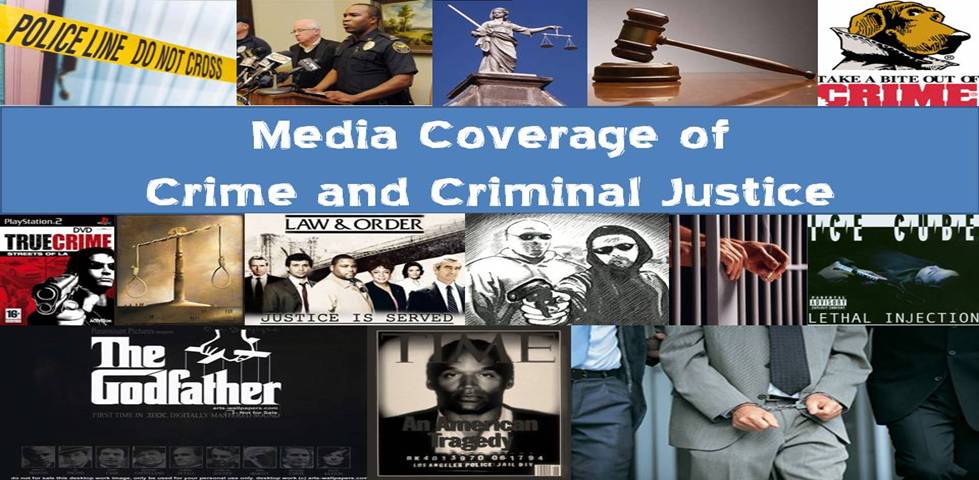It could be the first case in (post-)modern history of a man formally acknowledged as innnocent by a state that killed him.
Willingham was executed in Texas in 2004 for killing his own children in a house fire.
Arson investigators testified the fire was arson. Yet, much of their testimony has since been dismissed and is now seen as junk science. Jurors of course could not have known at the time that this was the case.
In this article, his writer now suggests that part of the problem is the standard for admitting science into testimony and how jurors may be impacted by that.
From the article:
"[A] federal case in the 1990s in which the International Association of Arson Investigators argued in a friend-of-the-court brief that arson experts shouldn't be subject to what is called a "Daubert"test before being allowed to testify in federal court.
"That test requires that a judge act as a "gatekeeper" on expert testimony. The judge is to exclude scientific testimony if it doesn't pass certain tests, including whether it is based on solid scientific methodology.
"The IAAI actually argued that members shouldn't be subject to that test because what they do is "less scientific" than what is required under "Daubert."
"But the reality is that when arson experts testify to juries, the juries believe that their conclusions are based on real science, not lesser science."


No comments:
Post a Comment